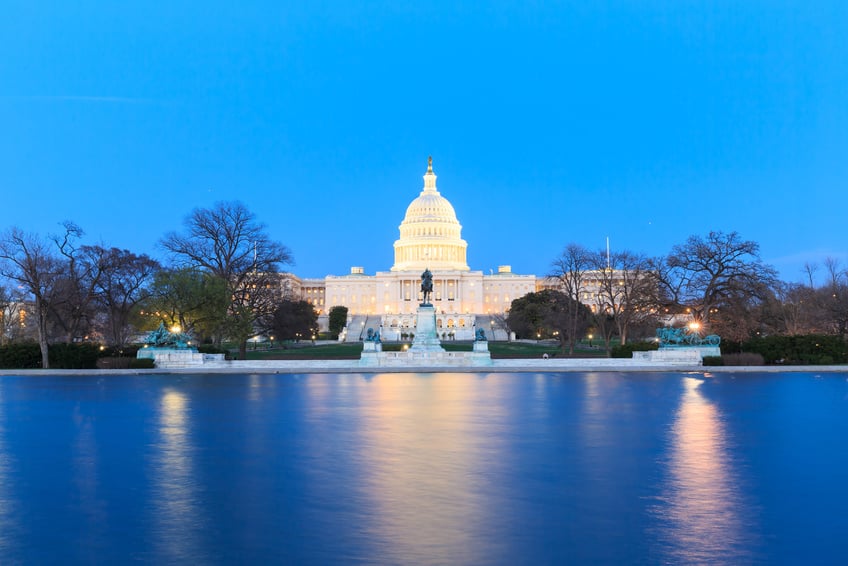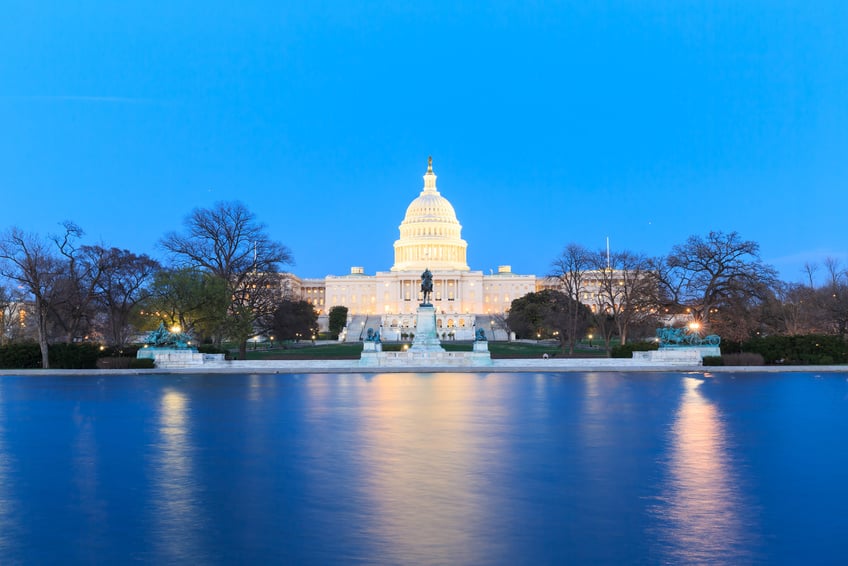On February 5, 2021, the Department of State published in the Federal Register a notice [Public Notice: 11346] of receipt on November 9, 2020, of a request for cultural property protection from the Government of the Republic of Albania, under Article 9 of the 1970 UNESCO Convention on the Means of Prohibiting and Preventing the…
In response to opening the consulate of the Republic of Nicaragua in the temporarily occupied Crimea, on 2…
On January 19, 2021, then President Trump issued Executive Order 13984 (“EO 13984”), “Taking Additional Steps To Address the National…
On January 27, 2021, the US Treasury Department’s Office of Foreign Assets Control (OFAC) issued General License 1A, “Authorizing Transactions Involving Securities of Certain Communist Chinese Military Companies,” (“GL 1A”) in relation to OFAC’s Communist Chinese Military Companies (“CCMCs”) sanctions program as implemented pursuant to Executive Order 13959 (“EO 13959”) and…
In brief Please join us for a new weekly video series, hosted by Baker McKenzie’s North America Government Enforcement…
Shelter-in-place or stay-at-home orders have been prevalent throughout the United States since March 2020 as state and local…
The California Privacy Rights Act of 2020 (CPRA) introduces sweeping changes to the California Consumer Privacy Act of 2018 (CCPA), most of which will become operative as of 1 January 2023 with a “look back” to 1 January 2022.
On January 6, 2021, Treasury and the Internal Revenue Service (IRS) issued final regulations (“Final Regulations”) relating to the credit for carbon oxide capture and sequestration under Code Section 45Q. These regulations finalize proposed regulations issued in May 2020 (“Proposed Regulations”). Congress enacted section 45Q in 2008 to incentivize the capture and disposal of carbon dioxide to prevent release into the atmosphere. Originally, the credit was available for carbon dioxide that was captured and either disposed of in secure geological storage or injected into an enhanced oil recovery (“EOR”) project. However, in 2018 Congress expanded the credit to also cover carbon monoxide and to cover additional methods to “utilize” captured carbon oxide.
Generally, an affiliated group allocates and apportions its interest expense in determining foreign-source taxable income as if all members of the group are a single corporation. Only domestic corporations are included in the affiliated group with the result that a US-based multinational with a significant portion of its assets overseas is required to allocate a significant portion of its interest expense to foreign-source income. This may cause an over-allocation of interest expense to foreign-source income, thereby reducing foreign-source taxable income and limiting the foreign tax credit.
After months of partisan bickering and Senate inaction, Congress finally passed another round of COVID-19 relief legislation as part of the Consolidated Appropriations Act, 2021, P.L. 116-260, (“CAA”), which was signed into law on December 27, 2020. We provide a summary of the tax-related CAA provisions and key modifications to the Paycheck Protection Program (“PPP”), before discussing President Biden’s tax agenda for 2021. The CAA’s tax provisions focus primarily on providing economic relief to taxpayers by expanding provisions of the Coronavirus Aid, Relief, and Economic Security Act (“CARES Act”) and renewing extenders.
To refer to our initial analysis of the CARES Act, see our prior client alert, available here.



